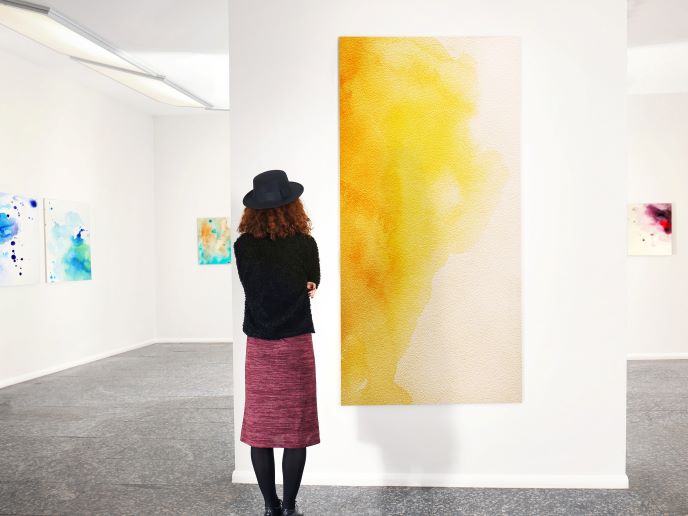Shedding light on our need for dark skies
More than 80 % of the world’s population lives under light-polluted skies. The Milky Way(opens in new window) is hidden from more than one third of humanity. The EU-funded STARS4ALL(opens in new window) project set out to put light pollution in the spotlight, raising public awareness and participation with an end goal of shaping new policies. Incubating grassroots light pollution initiatives (LPIs) Other than turning off lights when they are not needed to save electricity, public dialogue regarding light pollution is minimal. As a result, many policies, particularly regarding public lighting, are taking us in the wrong direction. The impacts of light pollution on biodiversity, human health, astronomy, and more will increase in the absence of dedicated campaigns to raise awareness and foster a sense of responsibility. In response to this pressing need, as project coordinator Prof. Oscar Corcho explains, “STARS4ALL has worked on providing the technology and expertise required to incubate local and global LPIs around the world.” In addition to technology, STARS4ALL has provided help for crowdfunding and is providing visibility to small initiatives. The project has grown from 10 LPIs initially to more than 30 active initiatives(opens in new window), far exceeding expectations. STARS4ALL is supporting LPIs in Africa, Australia, Europe, Latin America, New Zealand, and the United States. Some initiatives were already operational. For example, CitiesAtNight(opens in new window) monitors global light pollution with images taken by astronauts aboard the International Space Station. Analysis of the images by citizen scientists is providing information above and beyond what is currently available from satellite instruments, particularly regarding changes in the wavelengths or colour of light in our cities. The newly created photometer network LPI has been an amazing success story. Beginning with approximately 100 photometers deployed around the world, the team is now selling the photometers it developed to interested citizens, businesses, and other organisations measuring the quality of their dark nights and sharing data through the STARS4ALL photometer portal(opens in new window). Orders have exceeded expectations and the revenue is sustaining the activities of the consortium for additional light-pollution research and initiatives. In addition to incubating LPIs, STARS4ALL is supporting policy change. Scientists submitted a petition to the European Parliament supporting the need for a European policy regarding light pollution. On a smaller scale, one initiative succeeded in getting the topic in the discussion during recent regional elections in Madrid. Lighting the way STARS4ALL has established the STARS4ALL foundation, now internationally recognised among light pollution researchers. According to Corcho, the non-profit is focused on “ensuring that some of the most relevant results obtained in STARS4ALL (hardware and ICT development, as well as open data production and acquisition) can have a clear sustainability plan for the future.” The STARS4ALL foundation has signed a collaborative agreement with the STARLIGHT foundation(opens in new window), focused on astronomy and the certification of dark sky parks, providing a unified voice for light pollution researchers in dialogues with public authorities. The future is bright for getting light pollution in the public eye along with chemical and physical contamination of earth, seas, and the atmosphere.







